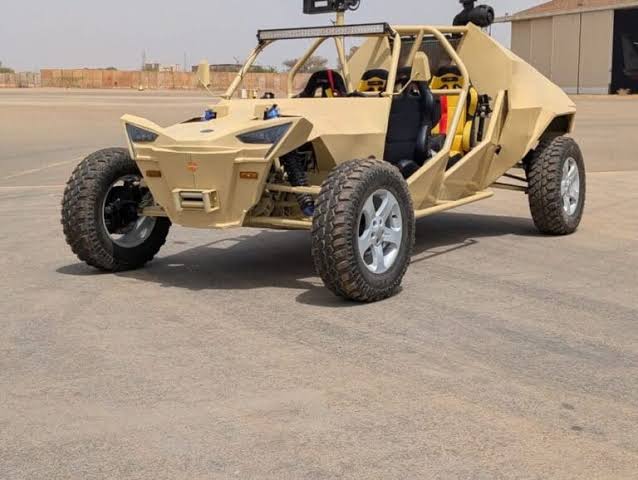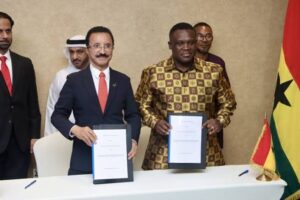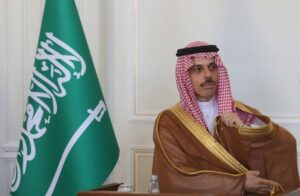The Republic of Niger has unveiled its first fully indigenous tactical vehicle, the Tamgak Wangari. The public presentation took place at Military Base 101 in Niamey, attended by military officials and local industry representatives.
Developed by Guedesign Automotive, a manufacturer based in Niamey, the Tamgak Wangari is designed to meet the specific operational demands of the Sahel region, including extreme heat, soft sand, and rugged terrain, according to a report by Defence Blog.
Guedesign Automotive describes the vehicle as offering “high mobility, structural resilience, and ease of maintenance in austere environments with minimal infrastructure”.
The company emphasized that the Tamgak Wangari was built entirely in Niger by local engineers and technicians.
“After 5 months of sweat, sleepless nights, plans, bolts and black coffee… he’s finally here. Introducing the first-ever 100% Nigerian military buggy, designed, assembled and refined in our own workshops, by a team that is as passionate as they are stubborn,” the company stated in a Facebook post.
Read more: Sudan’s War-Torn Infrastructure Cripples Recovery
The name “Tamgak” is a reference to the Tamgak mountains in the Aïr region, known for their strength and endurance, while “Wangari” symbolizes struggle and national pride in local innovation.
Guedesign Automotive further stated that the vehicle was developed not only as a tactical platform but also as a symbol of Niger’s sovereignty and industrial self-reliance.
Niger is currently facing security challenges alongside Mali and Burkina Faso. The three countries have also experienced strained diplomatic relations with Western nations and the Economic Community of West African States (ECOWAS).
In January, the Alliance of Sahel States (AES) formally withdrew from ECOWAS after rejecting conditions for the restoration of civilian rule.
In March, the military government led by General Abdourahamane Tiani designated Hausa as the national language, replacing French.






